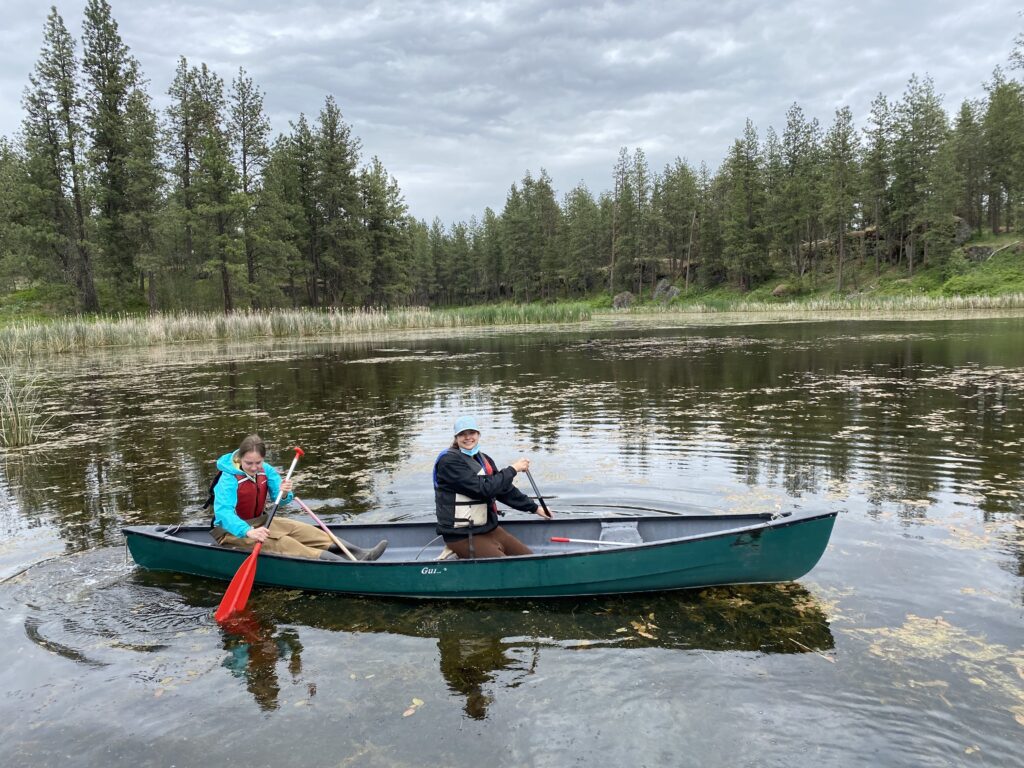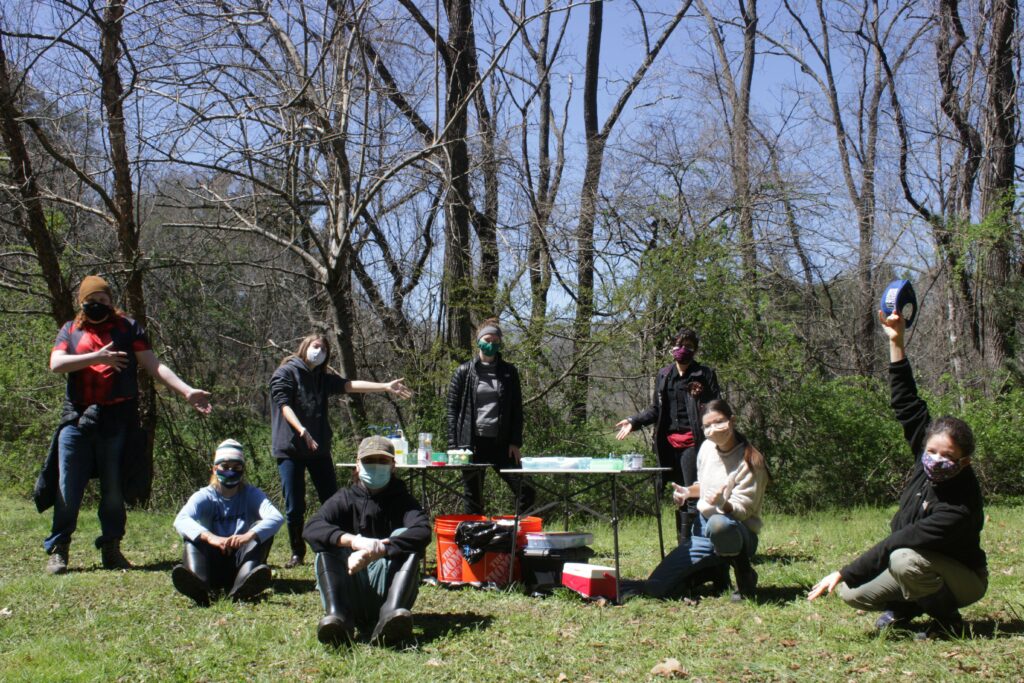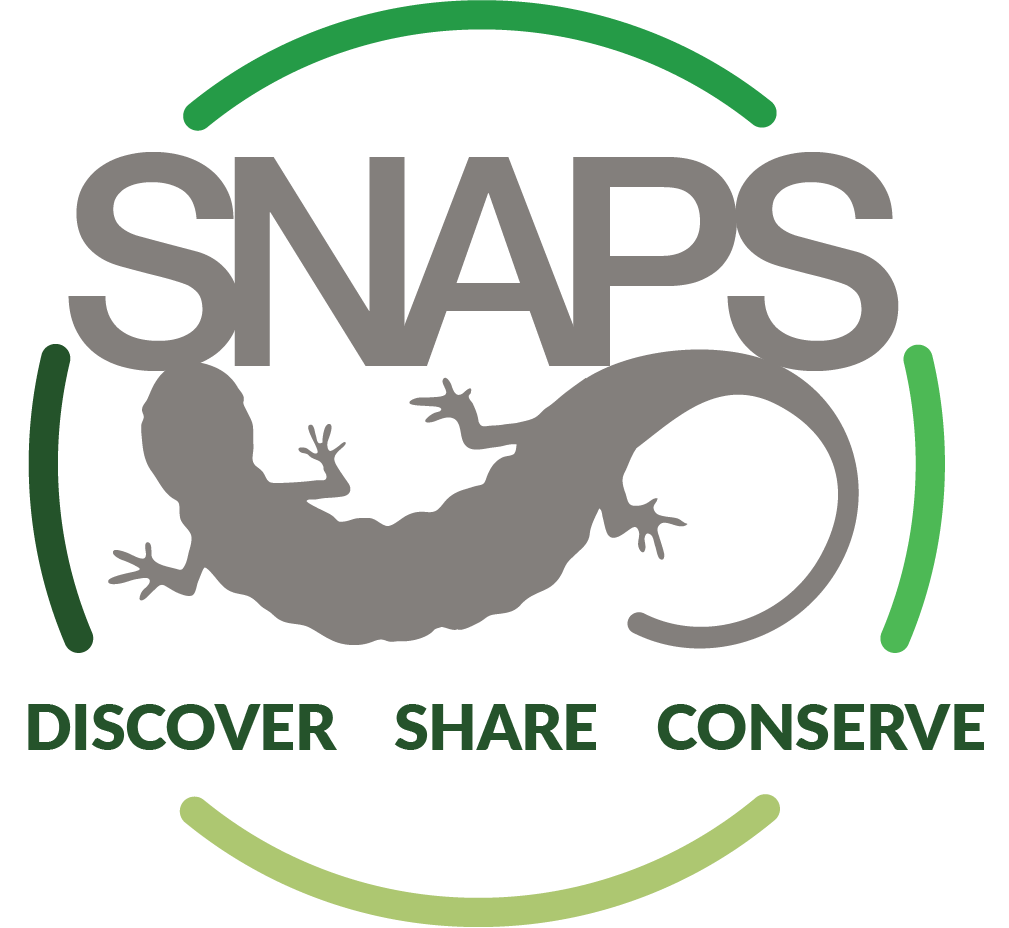SNAPS has developed lesson plans on a variety of topics to incorporate into undergraduate course curricula, independent research studies, or field station experiences. The idea is that nearly any discipline can include their unique perspective in addressing the amphibian disease problem.
Our SNAPS Student Learning Outcomes
After successfully completing SNAPS, students will be able to:
- Identify non-native, invasive fungal pathogens (specifically Bd and Bsal) as major threats to amphibian biodiversity.
- Explain how pathogen surveillance helps amphibian conservation.
- Apply the sterile technique to sample live salamanders for Bsal
- Develop individual agency in contributing positively to conservation as part of a broader civic identity
Currently available lesson plans:
Conservation Biology – “Threats to Amphibians” (link)
Field Herpetology – “Emerging Infectious Disease as a Threat to Amphibian Biodiversity”
Microbial Ecology – “The Amphibian Skin Microbiome and Disease”
If you are interested in the Microbial Ecology or Field Herpetology lesson plans, or learning more about our SNAPS lesson plans, please contact Aubree Hill (aubreehill[at]tntech.edu).

We plan to develop more lesson plans modules to share in the future and would welcome your contributions. Examples of future module topics include: General Biology, General Ecology, Aquatic Ecology, Epidemiology, Molecular Biology, Mycology, Public Policy, Biostatistics, Sampling Design, and more.
We are also interested in assessing the effectiveness of the SNAPS program in impacting students’ knowledge and understanding of amphibian disease, their interest in the environment, and their self-efficacy towards conservation efforts. Preliminary results from our Spring 2021 SNAPS trial across three institutions indicate that the program was successful in increasing students’ knowledge and understanding of amphibian disease. We look forward to expanding the program so we can evaluate other factors.

This is an ongoing effort, so we welcome your ideas and feedback. If you are interested in learning more about our SNAPS lesson plans, or requesting a lesson plan for use in your classroom, please contact Jeni Walke (jwalke [at] ewu.edu).
Our classroom protocol for swabbing salamanders is very similar to the video below. SNAPS provides protocols with detailed instructions to all participants.
